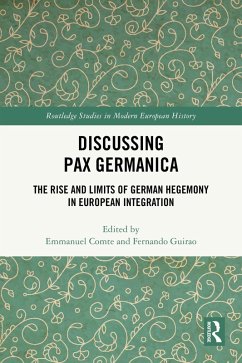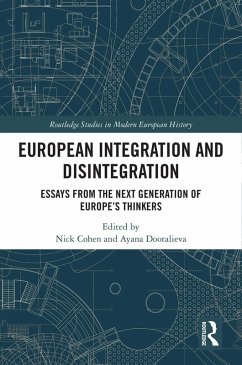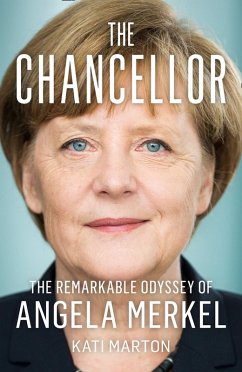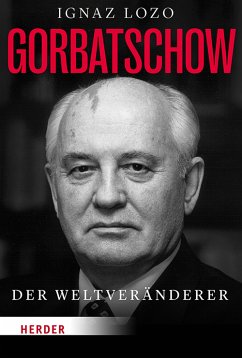
Discussing Pax Germanica (eBook, ePUB)
The Rise and Limits of German Hegemony in European Integration
Redaktion: Comte, Emmanuel; Guirao, Fernando
Versandkostenfrei!
Sofort per Download lieferbar
42,95 €
inkl. MwSt.
Weitere Ausgaben:

PAYBACK Punkte
21 °P sammeln!
Discussing Pax Germanica: The Rise and Limits of German Hegemony in European Integration examines and reconsiders Germany's paramount role in shaping European integration from the aftermath of World War II to the present. This volume meticulously explores the ascendancy of Germany to a dominant position in European politics and economics. It critically engages with the concept of hegemony, delineating Germany's influence on the development of the European Union and its resemblance to historical precedents in German history like the Holy Roman Empire. Methodologically, the book integrates archi...
Discussing Pax Germanica: The Rise and Limits of German Hegemony in European Integration examines and reconsiders Germany's paramount role in shaping European integration from the aftermath of World War II to the present. This volume meticulously explores the ascendancy of Germany to a dominant position in European politics and economics. It critically engages with the concept of hegemony, delineating Germany's influence on the development of the European Union and its resemblance to historical precedents in German history like the Holy Roman Empire. Methodologically, the book integrates archival research with contemporary literature to craft a narrative that is both historically grounded and relevant to current European affairs. The work stands out for its exploration of Germany's strategic use of economic power and political diplomacy to shape the European Union according to its interests while facing inherent limitations and challenges, such as the eurozone crisis, migration policies, energy dependency, and foreign policy towards Russia. Targeting a diverse audience of both scholars and non-specialists, this book is particularly relevant for those interested in European politics, German history, and international relations.
Dieser Download kann aus rechtlichen Gründen nur mit Rechnungsadresse in A, B, BG, CY, CZ, D, DK, EW, E, FIN, F, GR, HR, H, IRL, I, LT, L, LR, M, NL, PL, P, R, S, SLO, SK ausgeliefert werden.













